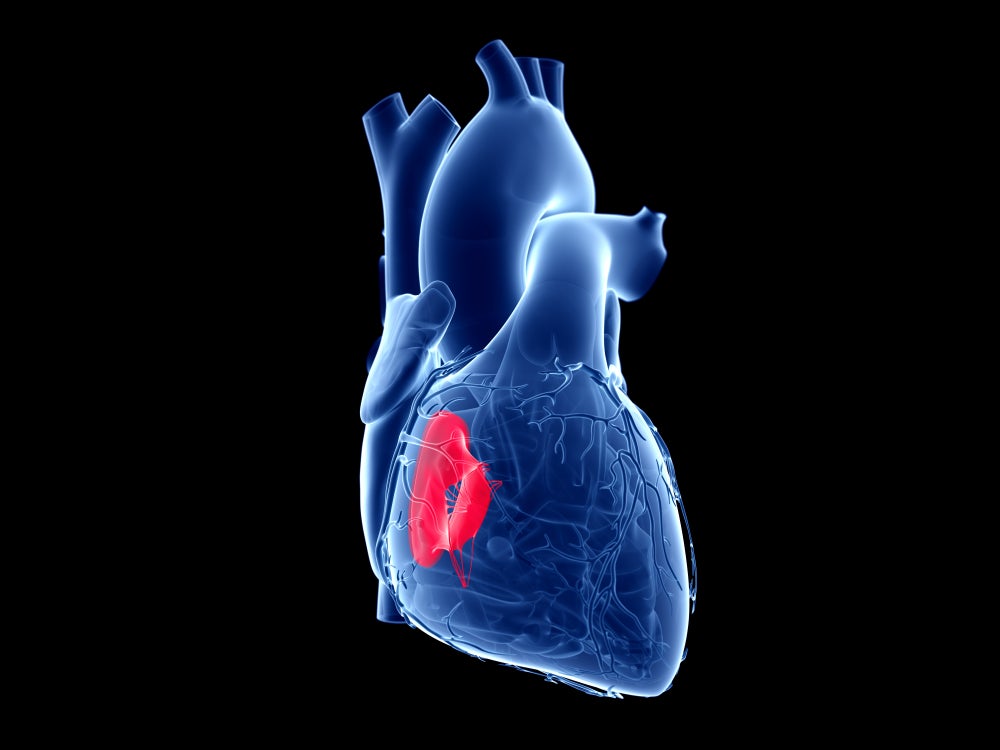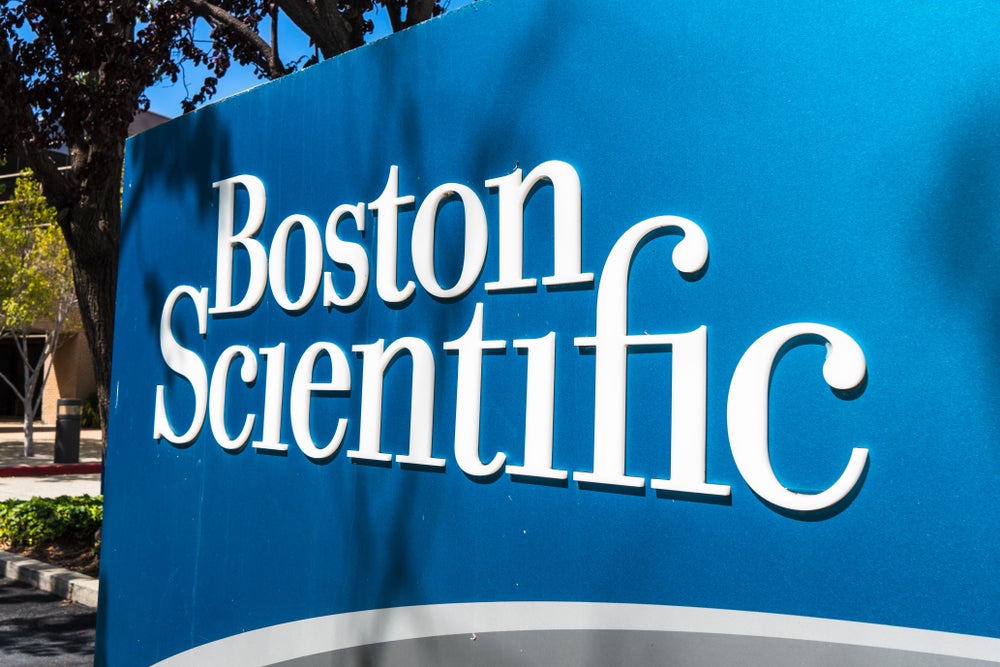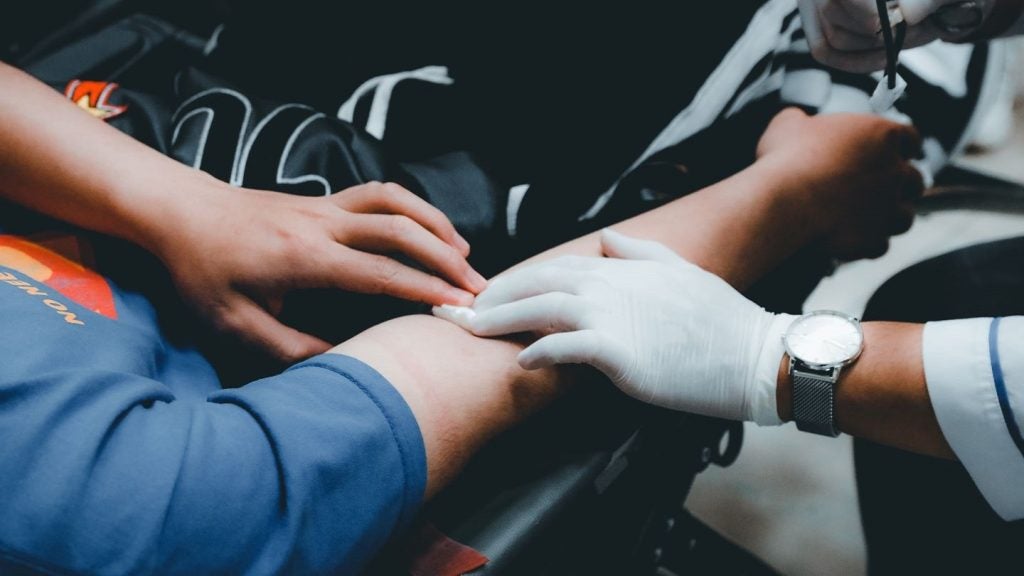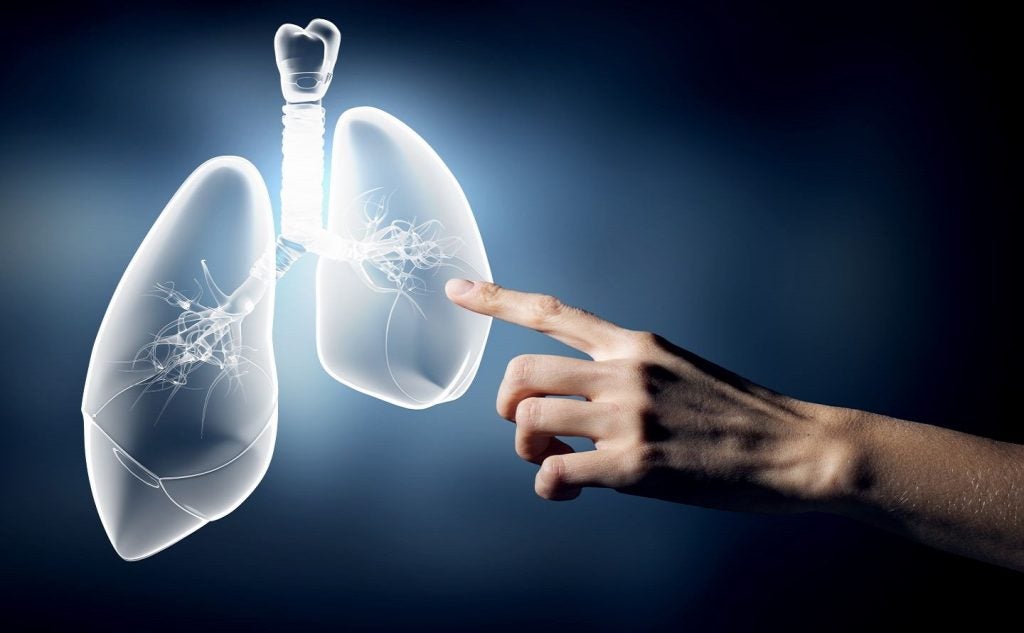The first two patients in the US have been implanted with Trisol’s transcatheter tricuspid valve replacement, with both patients’ tricuspid regurgitation being successfully reduced.
The two procedures were performed as part of a US Food and Drug Administration (FDA)-approved early feasibility study (NCT04905017).
As per the ClinicalTrials.gov entry, the study aims to gain clinical insight into the device’s safety and performance. Trisol will assess device feasibility via primary outcomes measures including device-related serious adverse events, procedural and technical success, and change in tricuspid regurgitation from baseline.
The two patients who underwent the treatment are part of an estimated 15-participant enrolment, all of whom have moderate to severe tricuspid regurgitation.
Tricuspid regurgitation occurs when the tricuspid valve – a flap of tissue between the right atrium and right ventricle – fails to close properly. This results in blood that usually goes from atrium to ventricle moving in the opposite direction. Though it can be congenital, several heart conditions cause this type of heart valve disease.
More than 1.6 million Americans have the condition, but only a small percentage of patients are operated on. This is because current surgical approaches carry high risks.
Trisol says there is a significant unmet need for a transcatheter solution to tricuspid regurgitation. The Jerusalem, Israel-based company’s valve is made from a nitinol frame with a dome-shaped leaflet to help maintain correct blood flow direction. Trisol says its bi-leaflet design enables slower closing which preserves right ventricular function following valve replacement.
To date, ten patients have been implanted with the valve, with five occurring in the Israel-based pilot study.
The University of Virginia Health System’s Dr Scott Lim, who conducted the second case, said: “The patient had a gratifying result with essentially elimination of her tricuspid regurgitation, and rapid recovery, along with significant and rapid improvement in her symptoms. We look forward to further investigation of the Trisol valve.”
Dr. Shimon Eckhouse, Trisol's chairman, added: "There is a huge unmet need for a transcatheter solution to treat severe tricuspid regurgitation. Trisol's promising initial clinical data instills confidence that Trisol can play a major role in this domain.”















